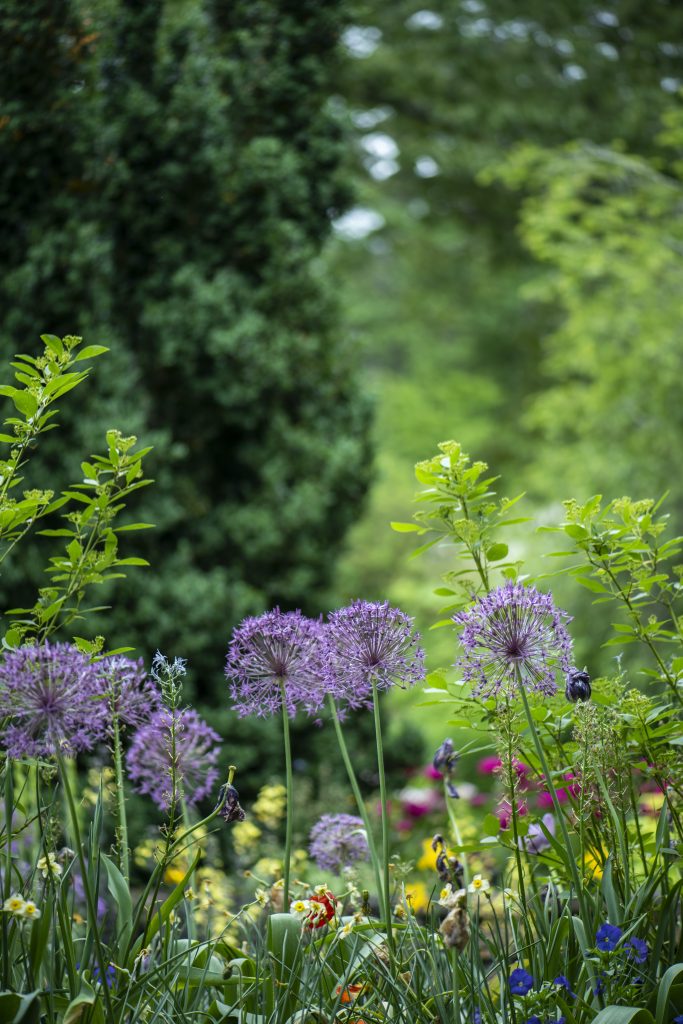Are you tired of pests wreaking havoc on your beloved garden? Fear not, because there is a solution that doesn’t involve harmful chemicals or expensive pesticides. In this article, we will explore effective ways to tackle common garden pests using organic methods. Say goodbye to pesky invaders and hello to a thriving, eco-friendly garden in no time.
Table of Contents
ToggleIdentifying Common Garden Pests
Garden pests can be a frustrating and challenging problem to deal with, but with proper identification, you can tackle them head-on. Look out for signs of pest infestation, such as chewed leaves, bite marks on fruits and vegetables, plant wilting or discoloration, and evidence of eggs or larvae. By identifying the specific pests causing damage in your garden, you can choose the most effective organic pest control methods and prevent further infestations.
Signs of Pest Infestation
When it comes to identifying pest infestations, it’s important to know what signs to look out for. Different pests leave behind distinct clues, so being observant can help you take action at the earliest opportunity. Keep an eye out for the following signs:
-
Chewed Leaves: Many pests feed on plant leaves, so look for irregular bite marks or completely missing sections of leaves.
-
Bite Marks or Holes in Fruits and Vegetables: Pests like caterpillars and beetles often leave visible bite marks or holes in your garden produce.
-
Wilting or Discoloration: Pests such as root-feeding insects can cause plants to wilt or turn yellow or brown.
-
Eggs or Larvae: Inspect the undersides of leaves and the soil around plants for eggs, larvae, or other signs of pest development.
Being able to recognize these signs will help you respond quickly and effectively to control the infestation and protect your garden.
Common Types of Garden Pests
Knowing the common pests that could be lurking in your garden can enable you to identify and target them more efficiently. Here are some frequently encountered garden pests:
-
Aphids: These tiny insects gather in large numbers on plant stems and leaves, sucking sap and causing stunted growth.
-
Slugs and Snails: These slimy pests can munch away at your garden plants overnight, leaving behind holes and trails of slime.
-
Caterpillars: The larvae of moths and butterflies can devour leaves and fruits in a short amount of time.
-
Tomato Hornworms: These large, green caterpillars specifically target tomato plants and can cause extensive damage if left unchecked.
-
Flying Insects: Various flying insects like fruit flies and whiteflies can infest your garden and damage crops, often spreading diseases.
-
Weeds: While not technically pests, weeds can compete with your plants for resources and should be controlled to maintain a healthy garden.
By familiarizing yourself with these common garden pests, you can be better prepared to prevent infestations and take appropriate measures to control them.
Preventive Organic Measures
Preventing pests from infiltrating your garden is key to maintaining a healthy and thriving environment for your plants. Implementing a few organic preventive measures can go a long way in deterring pests and reducing the need for extensive pest control. Consider the following methods:
Healthy Soil Maintenance
Maintaining healthy soil is the foundation of a successful garden. By enriching your soil with organic matter, you create a favorable environment for beneficial organisms that naturally control pests. Use compost, cover crops, and organic fertilizers to improve soil fertility and nutrient availability. Additionally, regular soil testing can help you identify any deficiencies or imbalances and allow you to amend the soil accordingly for optimal plant health.
Proper Plant Selection
Choosing the right plants for your garden can significantly minimize pest problems. Opt for disease-resistant plant varieties and cultivars that are well-suited to your specific climate and soil conditions. By selecting resilient plants, you can discourage pests from attacking them and reduce the risk of infestation. Also, consider planting a diverse range of plants, which can promote a balanced ecosystem and attract beneficial insects that prey on pests.
Companion Planting
Companion planting involves planting certain crops together to provide mutual benefits. Some plants naturally repel pests, while others attract beneficial insects or enhance soil health. For example, planting marigolds near tomatoes can repel aphids, and growing basil next to peppers can deter hornworms. By strategizing your plant combinations, you can create a more harmonious garden ecosystem and minimize pest issues.
Crop Rotation
Rotating your crops from year to year can disrupt pest lifecycles and decrease the likelihood of reinfestation. Different pests may target specific plant families, so rotating crops helps break the cycle by not providing a continuous food source for them. Rotate crops with unrelated plant families, such as moving tomatoes to a different bed each year, and be sure to follow a schedule to maximize the effectiveness of this method.
Attracting Beneficial Insects
Encouraging beneficial insects in your garden is a natural and effective way to control pests. Predatory insects like ladybugs, lacewings, and praying mantises feed on garden pests and help maintain a balanced ecosystem. To attract these helpful allies, include plants that provide nectar, pollen, and shelter. Examples include dill, fennel, yarrow, and sunflowers. Planting flowers with a variety of shapes and colors can attract a wide range of beneficial insects, and providing a water source like a birdbath or small pond can also help attract them to your garden.
By implementing these preventive measures, you can create a garden environment that is less hospitable to pests and more conducive to the growth of healthy plants.









